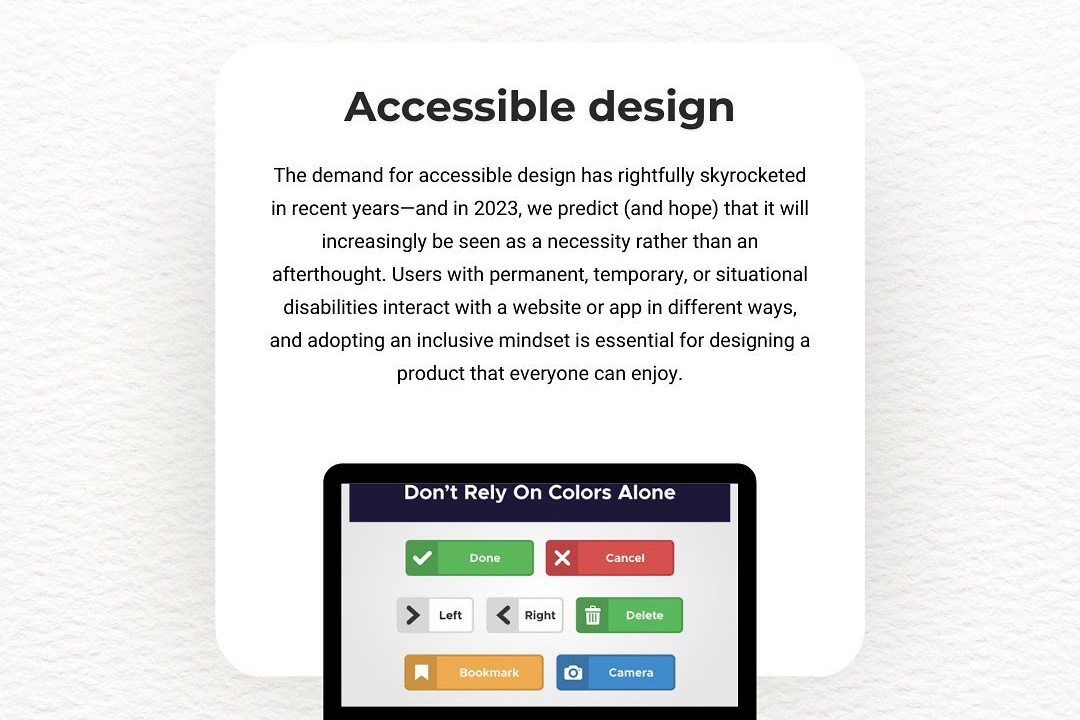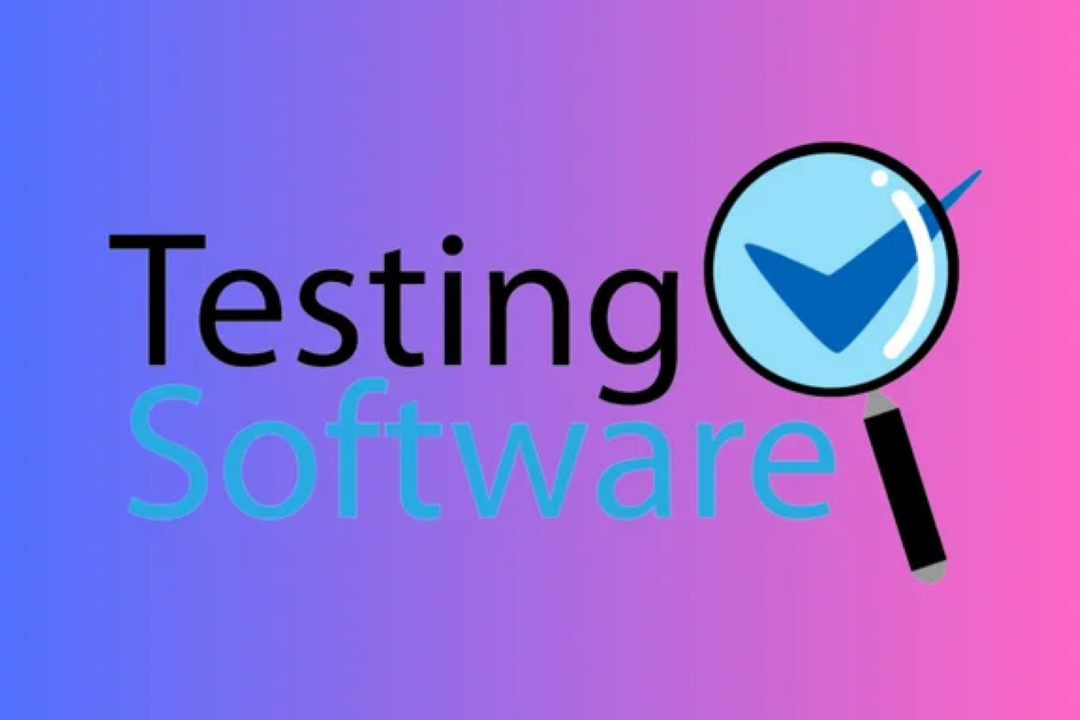Interview Question For Appium
Appium interview questions typically focus on assessing a candidate's understanding of mobile applic
Interview Question For Appium
Appium interview questions are pivotal for evaluating a candidate's proficiency in mobile application automation testing. As a widely used open-source framework, Appium supports various platforms, including iOS and Android, allowing testers to automate native, hybrid, and mobile web applications. Understanding Appium is essential for modern QA professionals, as it enhances their ability to streamline testing processes, improve efficiency, and ensure higher software quality through real-time projects. Interview questions typically focus on the candidate's ability to set up Appium environments, write effective test scripts, and troubleshoot common issues, providing insights into their practical skills and adaptability in a rapidly evolving tech landscape.
To Download Our Brochure: https://www.justacademy.co/download-brochure-for-free
Message us for more information: +91 9987184296
Appium interview questions are pivotal for evaluating a candidate's proficiency in mobile application automation testing. As a widely used open source framework, Appium supports various platforms, including iOS and Android, allowing testers to automate native, hybrid, and mobile web applications. Understanding Appium is essential for modern QA professionals, as it enhances their ability to streamline testing processes, improve efficiency, and ensure higher software quality through real time projects. Interview questions typically focus on the candidate's ability to set up Appium environments, write effective test scripts, and troubleshoot common issues, providing insights into their practical skills and adaptability in a rapidly evolving tech landscape.
Course Overview
The “Interview Questions for Appium” course is designed to equip participants with the knowledge and skills necessary to excel in mobile automation testing interviews. This comprehensive course covers a wide range of topics, including installation and configuration of Appium, key concepts and architecture, writing efficient test scripts, best practices for mobile testing, and troubleshooting common issues. Through practical examples and real-time projects, learners will engage with frequently asked interview questions, enabling them to boost their confidence and enhance their problem-solving abilities. By the end of the course, participants will be well-prepared to tackle Appium-related interview challenges and demonstrate their expertise in mobile application automation.
Course Description
The “Interview Questions for Appium” course offers an in-depth exploration of essential topics in mobile automation testing, focusing on Appium, a popular framework. Participants will delve into key concepts such as installation, setup, architecture, and test script writing while engaging with a variety of frequently asked interview questions. The course emphasizes real-world scenarios and practical exercises, allowing learners to solidify their understanding and apply best practices in mobile testing. By completing this course, individuals will be well-prepared to confidently navigate Appium-related interviews, showcasing their expertise and problem-solving skills to potential employers in the fast-growing field of mobile application testing.
Key Features
1 - Comprehensive Tool Coverage: Provides hands-on training with a range of industry-standard testing tools, including Selenium, JIRA, LoadRunner, and TestRail.
2) Practical Exercises: Features real-world exercises and case studies to apply tools in various testing scenarios.
3) Interactive Learning: Includes interactive sessions with industry experts for personalized feedback and guidance.
4) Detailed Tutorials: Offers extensive tutorials and documentation on tool functionalities and best practices.
5) Advanced Techniques: Covers both fundamental and advanced techniques for using testing tools effectively.
6) Data Visualization: Integrates tools for visualizing test metrics and results, enhancing data interpretation and decision-making.
7) Tool Integration: Teaches how to integrate testing tools into the software development lifecycle for streamlined workflows.
8) Project-Based Learning: Focuses on project-based learning to build practical skills and create a portfolio of completed tasks.
9) Career Support: Provides resources and support for applying learned skills to real-world job scenarios, including resume building and interview preparation.
10) Up-to-Date Content: Ensures that course materials reflect the latest industry standards and tool updates.
Benefits of taking our course
Functional Tools
1 - Appium
Appium is the core tool used in this course, serving as an open source automation framework for mobile applications. It allows testers to write tests for both Android and iOS platforms using a single API, promoting efficiency in cross platform testing. The course covers Appium's architecture, the process of setting up Appium servers, and the intricacies of writing tests in various programming languages, enabling students to harness its full potential in automating app testing. Hands on practice with Appium provides students with the skills to navigate and implement its features effectively.
2) Selenium
Selenium is integrated into the course as it complements Appium for mobile web testing. It is a widely used framework for automating web applications across many browsers. Students learn how to leverage Selenium alongside Appium to create robust test scripts that can be executed seamlessly on both mobile and web platforms. Understanding how Selenium interacts with Appium helps students to broaden their automation skills, making them versatile testers in different environments.
3) TestNG
TestNG is a testing framework that is employed in the course for managing test cases and generating reports. Students will use TestNG to organize their tests systematically, which aids in improving test maintenance and scaling capabilities. The course highlights the advantage of using TestNG’s annotations and features such as data driven testing and parallel execution, which significantly enhance the speed and efficiency of the testing process.
4) Postman
Postman is introduced for API testing within the context of mobile applications. Students learn how to test APIs that are integral to mobile apps, ensuring functionality and reliability from a backend perspective. This tool helps students understand the importance of testing not just the UI but also the underlying services that power mobile applications. The familiarity gained with Postman primes students for roles that demand a comprehensive approach to testing.
5) JUnit
JUnit is used in the course as a popular testing framework for Java applications. Students gain experience in using JUnit to create and execute tests, facilitating a seamless connection with Appium when writing tests in Java. The integration of JUnit into the curriculum encourages students to explore best practices in unit testing, helping them understand test structure and execution flow, which are vital for writing effective automation tests.
6) Apache Maven
Apache Maven is introduced as a build automation tool that simplifies project management. In the course, students learn to use Maven to handle project dependencies, streamlining their testing setup. Knowledge of Maven also allows learners to create standardized project structures and manage application builds efficiently, which is an essential skill in any software development lifecycle. Mastery of Maven enhances the students' automation environment, making them more proficient in managing complex testing projects.
Through engaging with these tools, students gain comprehensive insights and practical exposure to the current landscape of mobile automation testing, preparing them for real world challenges in the industry.
7) Appium Desktop
Appium Desktop is a graphical user interface that simplifies the process of Appium server management and inspector functionalities. In this course, students learn how to utilize Appium Desktop to easily start and stop the Appium server and inspect mobile application elements visually. This tool enhances productivity by allowing testers to interactively explore mobile app user interfaces, gaining deeper insight into element attributes and hierarchies which is crucial for creating precise test scripts.
8) Cucumber
Cucumber is integrated into the course as a tool for Behavior Driven Development (BDD). It allows students to write tests in a human readable format, bridging the gap between technical and non technical stakeholders. By mastering Cucumber, learners can create test scenarios that are easy to understand, promoting collaboration among developers, testers, and business analysts. This aspect of the course encourages a more holistic approach to testing that includes user stories, thereby making testing more accessible and aligned with business objectives.
9) JUnit 5
The course updates to include JUnit 5, the latest version of the JUnit framework, which introduces new features such as improved annotations, conditional execution, and support for extensions. Students will find the enhanced capabilities of JUnit 5 beneficial for writing more flexible and efficient tests. The shift from JUnit 4 to JUnit 5 equips students with the skills needed to keep pace with modern practices and toolsets in Java testing environments.
10) Mobile Testing Best Practices
The course delves into industry best practices for mobile testing. Students learn about the challenges unique to mobile environments, such as device fragmentation, network variability, and performance constraints. With a firm grasp of best practices, they will develop strategies for ensuring app stability, usability, and performance across a wide range of devices and operating conditions, preparing them for real world scenarios and challenges faced by testing teams.
11 - Continuous Integration (CI) Tools
The importance of Continuous Integration is emphasized in the course, introducing students to CI tools such as Jenkins or GitLab CI. By integrating testing into the CI/CD pipeline, students learn how to automate the execution of their tests every time code is pushed to the repository. This concept not only accelerates the development process but also raises the quality of the software by ensuring that tests are constantly being run against the latest code changes.
12) Real time Projects and Case Studies
To provide students with hands on experience, the course includes real time projects and case studies. These practical components allow learners to apply the knowledge gained in a simulated professional setting, tackling real world scenarios that testing teams often face. This immersive experience not only boosts confidence but also enhances their resumes, showcasing their capability to manage testing assignments effectively.
13) Documentation and Reporting
The course covers essential skills related to documentation and reporting in automation testing. Students learn how to generate detailed test reports using tools like Allure or ExtentReports. Proper documentation practices ensure that all test cases are well documented, which simplifies the process of onboarding new team members and provides valuable insights during project assessments and retrospectives.
14) Version Control Systems
An introduction to version control systems (such as Git) is included to teach students how to manage their test scripts effectively. Understanding version control is crucial for collaborative projects, allowing multiple testers and developers to work on the same codebase without conflicts. Students will learn the importance of branching, merging, and maintaining test script integrity over time.
15) Performance Testing Tools Integration
The course also addresses the integration of performance testing tools like JMeter or Gatling. Students learn the significance of performance testing in mobile applications to ensure that apps maintain responsiveness during high loads. Understanding how to implement performance tests alongside functional tests provides a well rounded skill set, preparing students for comprehensive testing roles.
By covering these topics, students will emerge from the course with a robust toolkit of knowledge and skills that reflects contemporary standards in mobile automation testing, making them highly competitive in the job market.
Browse our course links : https://www.justacademy.co/all-courses
To Join our FREE DEMO Session: Click Here
This information is sourced from JustAcademy
Contact Info:
Roshan Chaturvedi
Message us on Whatsapp:
Email id: info@justacademy.co











